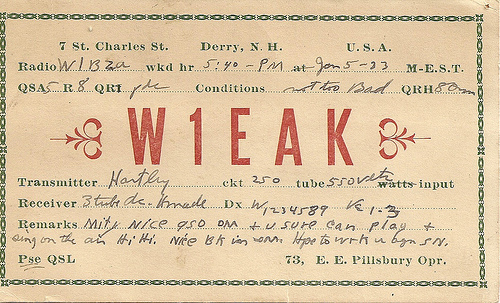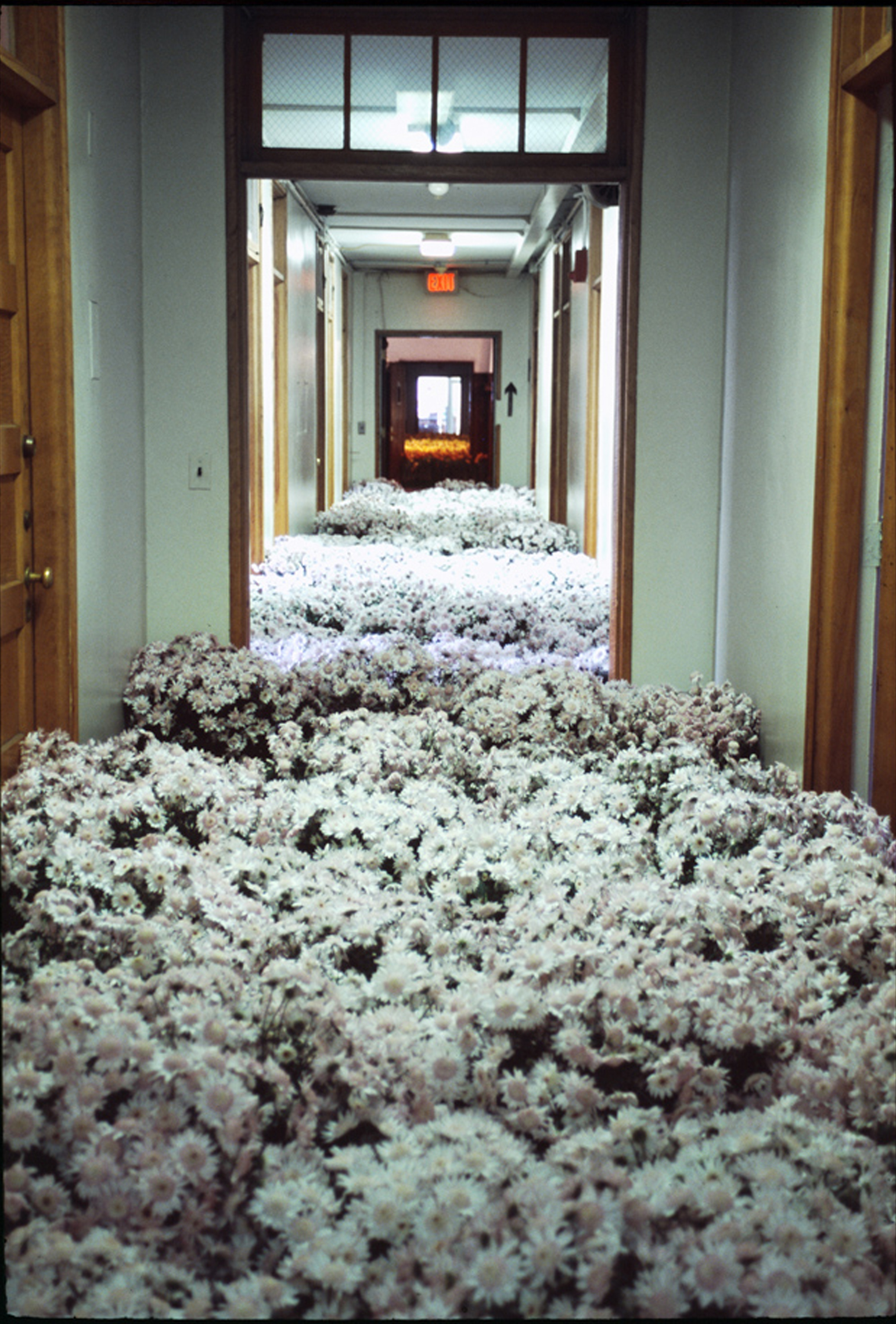year
post
Mar 24, 2011
2011 03 24 The Public Amateur
Claire Pentecost's idea of the "public amateur":
"...[T]he artist becomes a person who consents to learn in public. This person takes the initiative to question something in the province of another discipline, acquire knowledge through unofficial means, and assume the authority to offer interpretations of that knowledge, especially in regard to decisions that affect our lives. The point is not to replace specialists, but to enhance specialized knowledge with considerations that specialties are not designed to accommodate.
Specialization has brought about marvelous achievements. But under increasing complexity and fragmentation, the need for overviews of how vectors of power-knowledge intersect has become more imperative than ever. Our culture asks too high a price of society when it insists on narrow professional specialization. Conforming to this demand divides our intellect from our emotions, our imagination from our efforts, our pleasure from our worth, our verbal and analytic capacity from other creative talents, and our ethics from our daily lives. The result is frustration and disempowerment for the individual and shortsightedness for society as a whole.
And more:
The amateur has transparent relations to her object. She approaches and ultimately appropriates the object of knowledge out of enthusiasm, curiosity or personal need. She learns outside the circuits of professional normalization and reward, things the artist was once presumed to resist.
Anyone can develop expertise and, if motivated enough, can even become an authority. The amateur can be as narrow as the specialist or as amorous as the polymath lover of knowledge. The category of the Public Amateur is not confined to artists. It's a growing polyglot array of people who want to operate equally from the gut and the brain.
And artists are particularly well-situated to activate this persona, to engage outside the normal channels in a way that's contagious and collective:
Artists are expected to have publics, however small or large, but for better or worse, they are not expected to know much. An artist who wants to perform learning can leverage whatever claim to a public she is able to accrue, and initiate processes she hasn't mastered, putting the very notions of professionalization and credibility on the stage.
This is an activation of metalanguage, something that artists do all the time. When I perform the acquisition of knowledge in the symbolic resonance that is art, I am inviting new conversations about knowledge itself. By placing this activity in the realm of aesthetics, I subject it to our questions about what we care about.
top photo: derrypubliclibrary. Bottom: Bloom, Anna Schuleit

